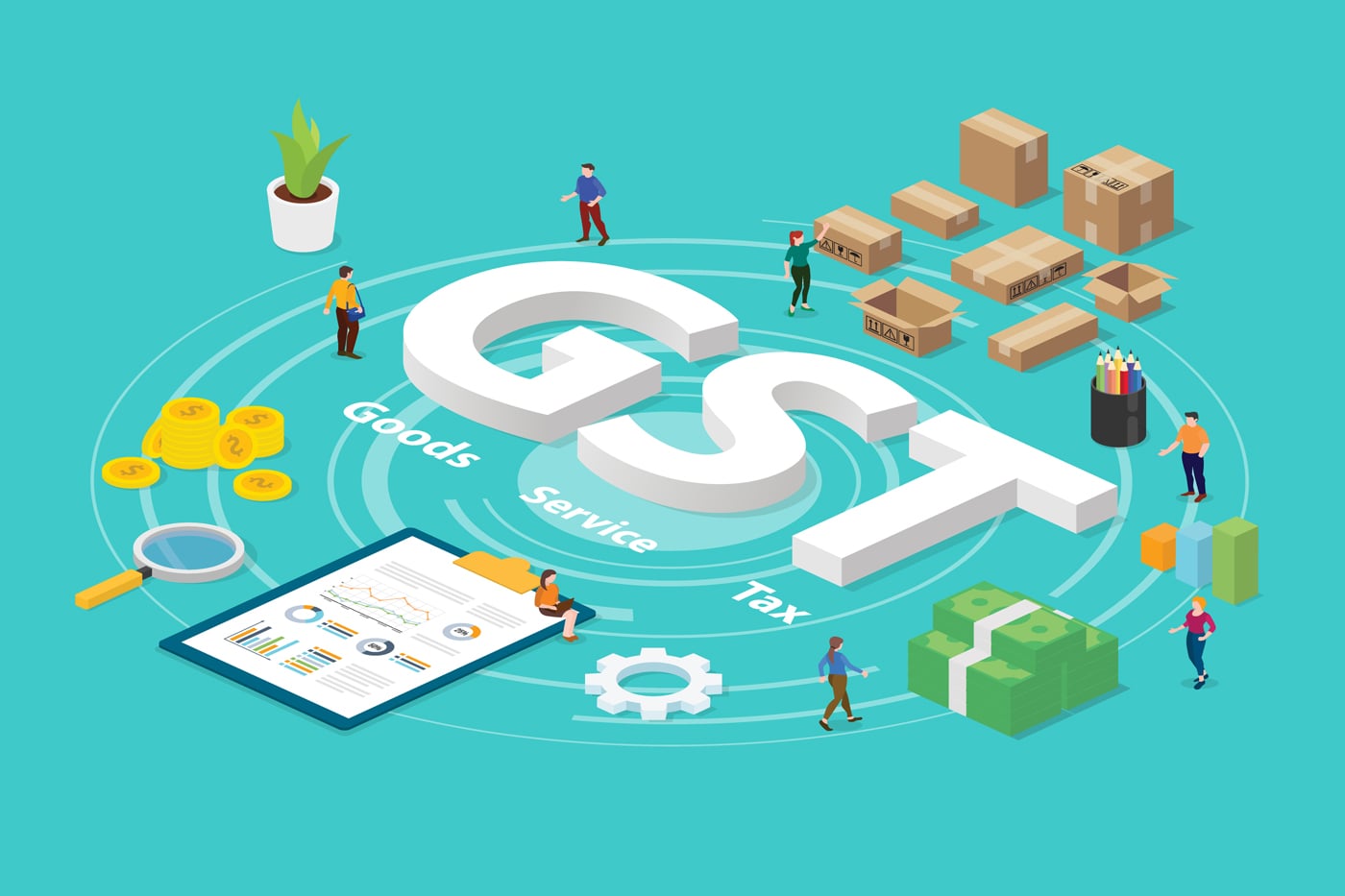With post-GST rates rising to 18% from the current 15%, both the insurance and banking sectors are set to become more expensive after July 1. The impact of GST on insurance and banking will raise premiums, particularly for families who pay for health, life, and auto insurance.
GST on Insurance
Life and health insurance
Life insurance is classified into three types:
The most basic type of life insurance policy is term insurance.
ULIPs are a type of integrated insurance and investment plan.
Endowments (also known as money-back policies) are life insurance policies that pay a lump sum or a set monthly amount upon maturity or death (sort of like a pension)
Service tax rates vary by type of insurance; for example, ICICI Prudential Life Insurance charges the following service tax rates:
Category
Service Tax With SBC And KKC
After GST
Term insurance premium
15%
18%
ULIP charges
15%
18%
Health insurance premium
15%
18%
All of these rates will be replaced by 18%, resulting in an increase in premiums. The value of service delivery in relation to the life insurance business is as follows:
a) The value of supply of services in relation to a life insurance company shall be the gross premium minus the amount allocated for investment or savings on behalf of the policyholder, if such amount is disclosed to the policyholder.
For example,
Particulars
Under Service Tax
Under GST
Gross Premium
1000
1000
Investment Portion
600
600
Life Insurance portion
400
400
Service tax @ 15% on 400
60
—
GST @18% on 400
—
72
b) Policies with a single premium: 10% of the premium is refundable.
c) In all other cases, the premium payable is reduced by 25% for the first year and 12.5 percent for the second and subsequent years.
Gross Premium p.a.
1000
1st Year
25% of the value
25% of value
250
GST @18% on 250
62.50
2nd year
125
12.5% of value
GST @18% on 125
22.50
d) If the entire premium is for life insurance, GST @18% will apply on the entire premium
Both existing and new policyholders will see an increase in premiums as rates rise. The tax increase will be passed on to consumers via insurers. The increased volume of GST returns, as well as the effect of taxing inter-branch services, are expected to increase insurers’ compliance and administrative costs.
General Insurance
General insurance includes things like fire insurance, marine insurance, car insurance, and theft insurance. The 18% GST rate would also apply to general insurance.
Impact
Policyholders’ general insurance premiums will rise as the tax rate rises from 15% to 18%. Policyholders of general insurance can claim an input tax credit for the GST paid on their policies (it was available to them even under service tax). Because the input tax credit is not available for life and health insurance policies, policyholders will not be eligible (as they are for personal purposes). Business policyholders who provide group life and health insurance to their employees will not be eligible for input tax credits.
Government-sponsored life insurance is free from the GST:
Janashree Bima Yojana (JBY)
Aam Aadmi Bima Yojana (AABY)
Varishtha Pension BimaYojana
Life micro-insurance product approved by the Insurance Regulatory and Development Authority, with a maximum cover of Rs. 50,000.
Pradhan Mantri Jeevan Jyoti BimaYojana
Pradhan Mantri Jan Dhan Yogana
Pradhan Mantri Vaya Vandan Yojana
Any such state government insurance scheme that the Government of India may notify on the GSTC’s recommendation.
The government provides life insurance to members of the Army, Navy, and Air Force.
Banking
Banking services are currently subject to a 15% service tax, which will be increased to 18% under the GST. Customers will pay more for banking services, as well as insurance, if taxes are raised. Most banks now charge transaction fees for cash withdrawals from various bank ATMs and branch locations (the first 5 for both are free). All of these are subject to a service tax of 15%, which will increase to 18% under the GST scheme.
Banking Companies
The tax liability will be passed on to customers by banks. However, their administrative and compliance workload will skyrocket. Branches provide services to one another that are taxable under GST (they can later claim input tax credit). This will increase paperwork and thus operating costs. Good news for corporate customers. They can now claim the input tax credit for banking services paid for through their business accounts.
Conclusion
All policyholders will have to pay higher insurance premiums as a result of the increase in GST rates. The cost of insurance will rise by 3% for a typical household with life, health, and auto insurance. Their expenses will increase by 3%, or Rs. 900, if they spend Rs. 30,000 on insurance annually, excluding service tax.





